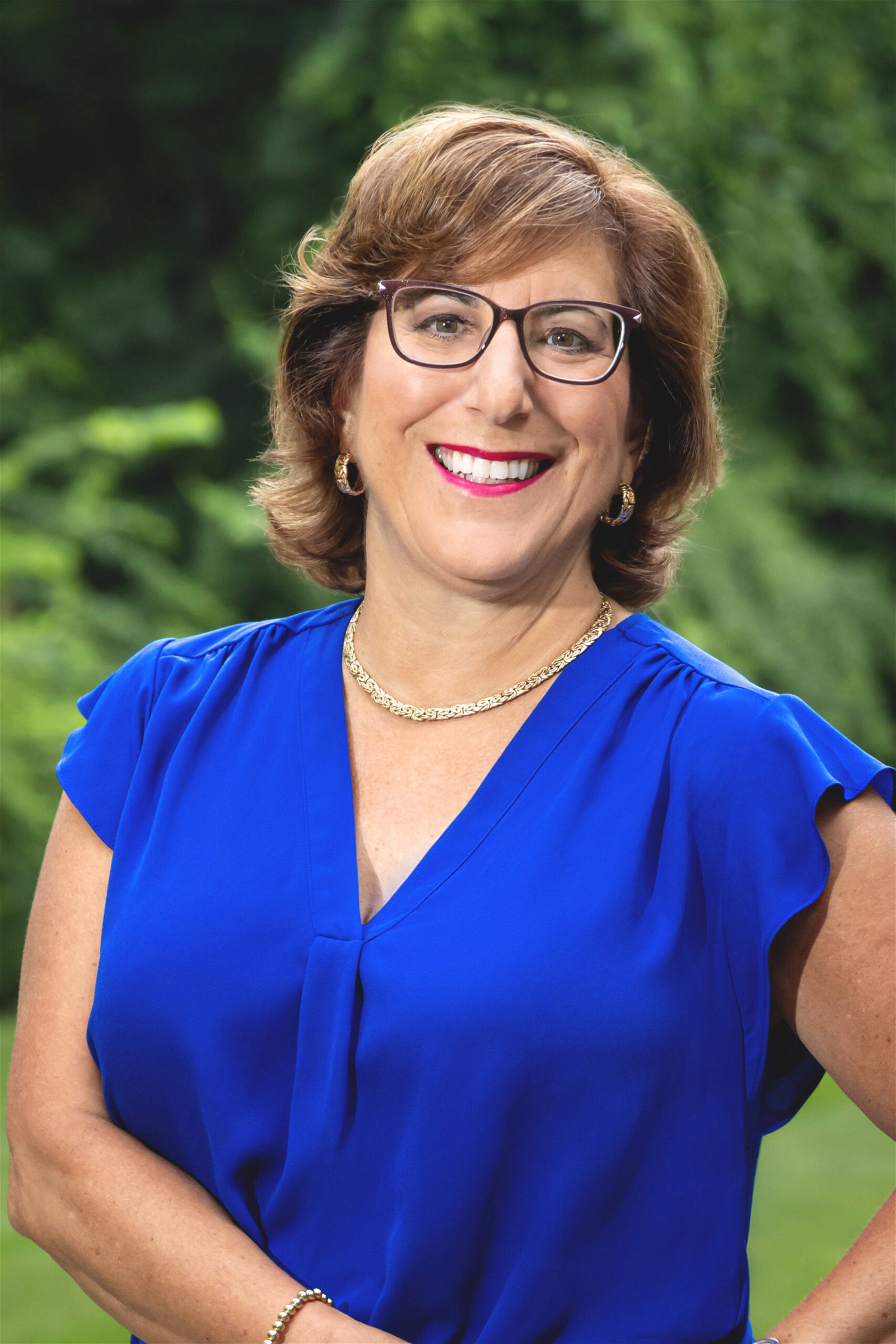I’ve been reflecting on William Saroyan’s profound words from his second book, Inhale & Exhale, and I find myself wondering what he might have thought today, 87 years later. Many Armenians hold a poster of his message from 1936 or can recite it by heart.
His original passage begins with: “I should like to see any power of the world destroy this race, this small tribe of unimportant people, whose history is ended, whose wars have all been fought and lost, whose structures have crumbled, whose literature is unread, whose music is unheard, whose prayers are no longer uttered.”

While every word remains relevant in the present, the phrase that lingers in my thoughts is, “whose literature is unread.” Did Saroyan envision a future where literature would be left unread and destroyed, not by the passage of time and war, but by book banning and controversial policies such as Facebook’s silencing of genocides and Amazon’s censorship of reviews? Could any of us have foreseen such challenges to the free exchange of ideas?
This revelation struck me in a moment of truth, when I observed that my posts on social media containing the word “genocide” were going unnoticed. Simultaneously, I encountered more posts from Armenians expressing frustration over the invisibility of news related to Artsakh and other pertinent topics. A post by author Chris Bohjalian showcasing his banned, challenged or removed books, including his NY Times bestselling novel The Sandcastle Girls which unfolds a compelling narrative against the backdrop of the Armenian Genocide, further intensified my awareness.
My frustration peaked when my publisher informed me that Facebook was rejecting paid ads for my newly-released book, Who She Left Behind, simply because its cover included the term “genocide.” Additionally, Amazon was refusing reviews for my book that contained language related to genocide. All of this unfolded within a matter of weeks, all the while William Saroyan’s words were prominently displayed on my office wall.
Facebook policies, book banning and censorship enact passive yet systematic destruction of Armenian literature and perpetuate denial of the Armenian Genocide. This alarming trend threatens not only the visibility of critical narratives but also the ongoing dialogue surrounding a historical atrocity that must not be forgotten.
Facebook policies, book banning and censorship enact passive yet systematic destruction of Armenian literature and perpetuate denial of the Armenian Genocide. This alarming trend threatens not only the visibility of critical narratives but also the ongoing dialogue surrounding a historical atrocity that must not be forgotten.
Platforms like Facebook, Amazon and others, holding the power to censor and control content, should be held accountable for the consequences, whether intentional or unintended, of suppressing historical truths. This may be a battle prioritized for another day, as the immediate focus lies on the ongoing traumas faced by Armenians in response to the current situation with Artsakh refugees and the distressing violence in Israel and Gaza, with the looming threat of a world war.
Numerous passionate and courageous individuals have already answered the call for advocacy, demanding sanctions against Azerbaijan, providing humanitarian relief by traveling to Armenia and raising funds. However, there are also smaller yet impactful ways individuals can take control of preserving our culture. In the words of Margaret Mead, “Never believe that a few caring people can’t change the world. For, indeed, that’s all who ever have.” This timely message resonates as we enter a season of giving love and thanks. Let’s capture this spirit to ensure that Armenian literature is not only preserved but also widely read and understood.
Here are a few simple actions you can take today to promote Armenian literature and ensure it reaches a wider audience:
Advocate at your local library:
- Request that your local library add a book by an Armenian author to your TBR (to be read) list. This initiative fosters greater accessibility and equity in bringing Armenian literature into the mainstream.
Share your bookshelf on social media:
- Participate in Library Shelfie Day on January 24, 2024, by posting a “shelfie” on social media. Flood these platforms with images of Armenian books you’re currently reading or those sitting on your bookshelves. Tag #LibraryShelfieDay.
Innovative social media messaging:
- Use creative techniques to make your Armenian-related messages visible on social media. For instance, consider replacing the letter ‘o’ with the numeral ‘0’ to outsmart algorithms – a tactic I’ve been trying.
Support genocide education initiatives:
- Support and engage with the efforts of organizations like the Genocide Education Project. Ensure that Armenian Genocide literature is not only read, but also taught, in middle and high schools where bills have been passed, and actively advocate for support from elected officials in regions where such bills have not been approved.
Recommend Armenian books to book clubs:
- Propose Armenian books to your book clubs, whether in-person, on social media or in virtual spaces. Actively participate in social media book clubs by making and encouraging recommendations to introduce Armenian culture to a wider audience.
Gift Armenian books for Christmas:
- Give Armenian books as Christmas gifts. With a diverse range of genres, such as art and culture, children’s literature, contemporary, cookbooks, fiction, historical fiction, history and biography, memoirs, language instructionals, mysteries, romance, travel and young adult, there’s a book for everyone on your list. Buy from Armenian book sources to double the impact of your purchase. Start a new tradition this year and include books under the Christmas tree or tucked in stockings.
This season of giving love and thanks can also be a season of fostering cultural understanding. As we champion Armenian literature, we actively contribute to a world where the power of storytelling transcends boundaries and ensures that no narrative is left unread or unheard.
May Saroyan’s wisdom be the gift of the Christmas season for each of us to be inspired and ensure our rich Armenian literature is read.



One more recommendation – share, share, share your article on all social media sites. I am going to do that right now! Gil Harootunian
“The most effective way to destroy people is to deny and obliterate their own understanding of their history.”
George Orwell quote
Just shared this important article!
Ugheroui Arpi,
Everything you’ve written is true. Social media and Amazon are unfortunately banning the word “genocide” and other related terms. They’re holding the powers to the censor and control content, that’s sad.
However, this is what I see – NO, the media aren’t holding the powers because they’re weak, not strong. That’s why can’t use the term “genocide”. After all, it’s the duty of the media to write the truth, but there must be a bigger power who control social media. I don’t know who it is.
I think there will come a time they will lift the ban on the term “genocide” when the term “genocide” will benefit the real power too. On the other hand, I think we’re living in the New World Order era. The world’s “super powers” started the idea in 1945 (world order).
We need to be patient and carry out our duty, too. I wish peace for the all people of our planet.